Security Scholarship between Academia and Policy
To what extent do academics and other experts contribute to security policy statecraft in small, centralized, and exposed states?
How wide is the gap between external expertise and government security policy, does it ever change, and is academic self-indulgence or practitioners’ self-absorption mostly the cause of the gap?
We investigate these questions by tracing historical and contemporary NATO-related policy decisions in Denmark and Norway.
As NATO allies, Denmark and Norway conduct hard core security policy and help shape alliance decisions on the most urgent and weighty international security issues. But when they gauge the security landscape, ponder options, and anticipate alliance decisions, are they open to external expertise and knowledge that might enlighten their policy choices? Inversely, are they closed for business, preferring to rely uniquely on their own diplomatic and intelligence sources?
Mind the Gap investigates these questions. We do it historically, digging into the archives of the two countries’ Foreign and Defense ministerial archives. We do it in real time, systemically tracking NATO policy formulation in the Ministries of Foreign Affairs in Copenhagen and Oslo as well as in the two countries’ NATO permanent representations. And we do it by mapping out available expertise in the two countries and by tracing the efforts of scholars or other experts as they attempt to inform national security policy.
Once upon a time, philosophers wanted to unify knowledge and politics—the academic and the statesman. The desire was both impracticable and controversial, however, and it gave way to a broader and enduring desire to let knowledge and politics live side by side. But the gap between the academy and the political arena should not grow too deep and wide. To ensure the best possible knowledge for security policy decision-makers, bridges had to be built across the gap.
In a world of strong states with vast administrative muscle and universities focusing on basic science, such bridges can be hard to come by. Still, the prominent American “Bridging the Gap” literature argues that bridging opportunities are ample. What is missing is not opportunity but the skill and will to exploit it.
This literature is greatly shaped by the American experience, and, we suggest, Europe is not such a land of opportunity. Smaller European states, exposed to geopolitical danger and with long histories of centralized bureaucracies, do not lend themselves easily to external expertise, and certainly not in matters of high politics and national security interests.
“Mind the gap” is thus the better framing: the gap may be so hard and so wide, that bridging attempts mostly are costly and futile. At least this is the working assumption. With this project, we trace Danish and Norwegian security policy deliberations and decisions historically as well as contemporarily, mapping out patterns of knowledge relevance across time and space. We will derive new insights for the Bridging the Gap literature as well as lessons for Danish and Norwegian policy contexts.

“To ensure the best possible knowledge for security policy decision-makers, bridges have to be built across the gap.”
ON OUR MINDS
*
ON OUR MINDS *
MIND THE GAP:
Security Scholarship between Academia and Policy





